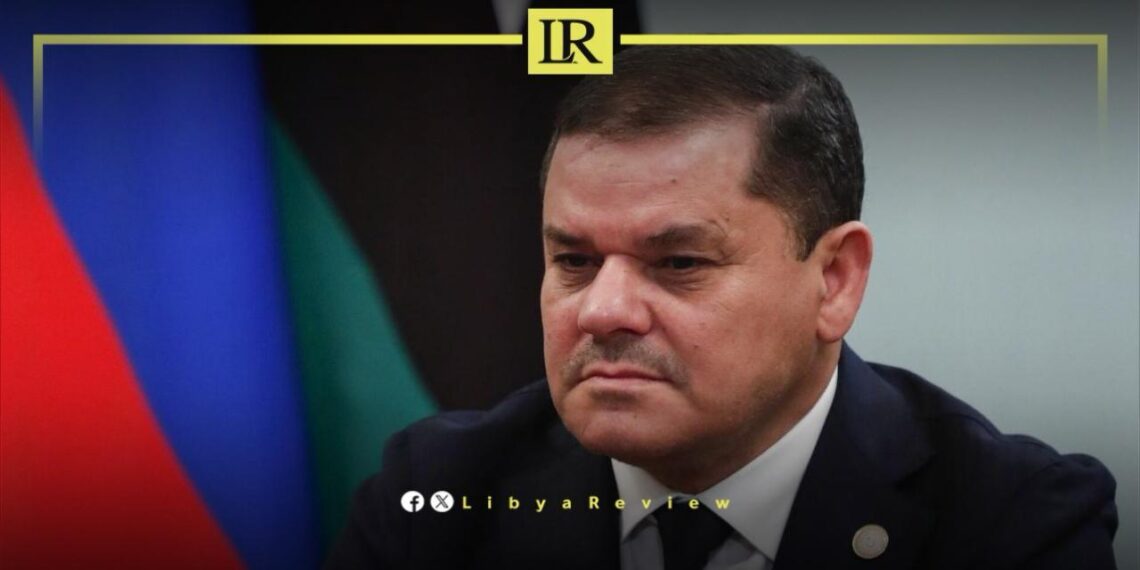The Libyan Government of National Unity (GNU) declared on Sunday its intention to support the establishment of a Russian Consulate General in Benghazi, the country’s eastern city. This announcement follows the complete reopening of the Russian embassy in Tripoli in August 2023, indicating an enhanced diplomatic relationship between the two nations.
Taher al-Baour, the acting Minister of Foreign Affairs and International Cooperation for the GNU, expressed the government’s willingness to overcome procedural and administrative hurdles to enable the consulate’s setup. Al-Baour communicated with Sputnik, confirming that there are no political impediments to this initiative and expressing Libya’s readiness to collaborate on the project.
The context for this development includes comments from Aydar Aganin, the Russian Ambassador to Libya, about the delay in opening the Benghazi consulate and discussions on its importance with Tripoli’s authorities.
In his discussion, al-Baour underscored the stable ties between Libya and Russia, dismissing any hesitations about cooperation with Russia. He highlighted Russia’s long-standing role in the region’s geopolitics, acknowledging its contributions to regional stability and balance.
The decision to establish a consulate in Benghazi reflects Russia’s increasing engagement in Libya amidst the country’s ongoing political divisions and reconciliation efforts. Since the overthrow of Muammar Gaddafi in 2011, Libya has experienced civil unrest and is split between the GNU in Tripoli and an eastern administration supported by the Libyan National Army (LNA).
Benghazi, being a significant economic center and the second-largest city in eastern Libya, plays a crucial role in the strategic interests of involved nations. The establishment of a Russian Consulate General there is indicative of Russia’s expanding influence in Libya and aligns with its broader involvement in the Middle East and North Africa region.


